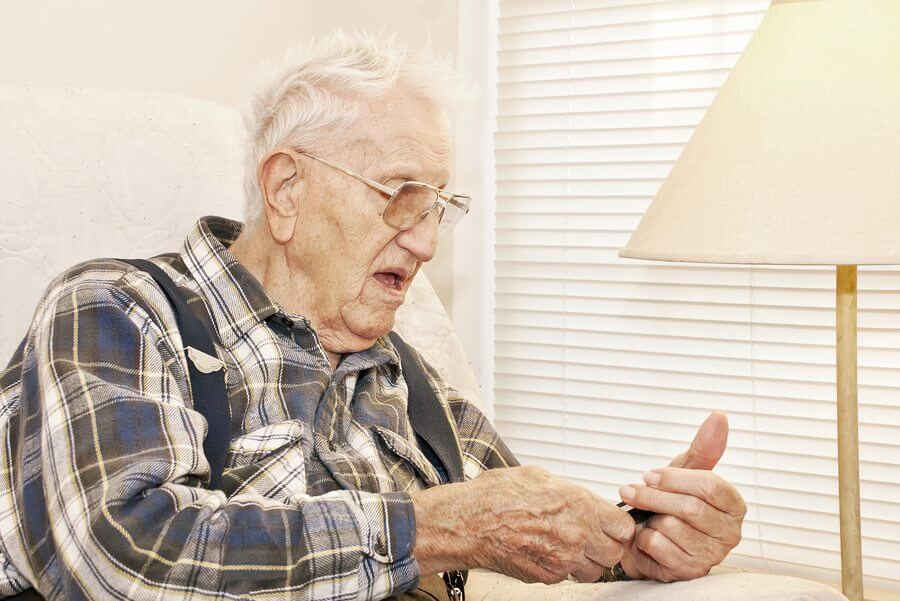Veterans Home Care
There could be many signs that an elderly veteran is having difficulty seeing clearly. While you may not be thinking about home care as an option for this veteran at the moment, you certainly want to be paying attention to various signs that something is not quite right with their physical condition, including their vision, hearing, and other aspects of their life.
March is Save Your Vision Month and there are a number of different ways you could spot potential vision related problems, even though the elderly veteran is telling you everything’s fine and is giving no other indications of problems developing.
Here are three ways you might be able to tell that an elderly veteran or other senior is beginning to experience some type of vision related problems.
Squinting.
When a person has difficulty seeing something in the distance, they have a tendency to squint. When squinting, it narrows the field of vision and helps to bring some things into focus.
A good way to understand exactly how this works is to take a piece of paper and place two pinholes in it about the distance apart where your pupils would line up with them. Bring that paper up to your face and look through those pinholes. You should be able to see objects well in the distance quite clearly, whether you normally need glasses or not.
Squinting has a similar effect, but not nearly as powerful.
Not responding to certain stimuli.
When a senior is carrying on a conversation and somebody points out something in the distance and they don’t really respond or react the way one might expect them to, it could be due to them not being able to see what is in the distance.
Most people have a tendency to hide certain issues with regard to vision loss for a while, especially from loved ones. They might not want to visit an eye care professional for proper diagnosis because they worry that there may not be anything they can do to save their vision.
Moving closer to the TV.
When somebody is struggling with their vision, they may begin moving their chair or couch closer to the TV, holding a book closer to their eyes, and more. When you notice these tendencies occurring with the elderly veteran in your family, it’s time to talk to him about visiting his eye care professional. Glaucoma, cataracts, macular degeneration, and many other vision related problems have some great treatment options available, as long as they are diagnosed as early as possible.
For more information and to learn about veterans home care, contact Veteran’s Home Care at (888) 314-6075.
















